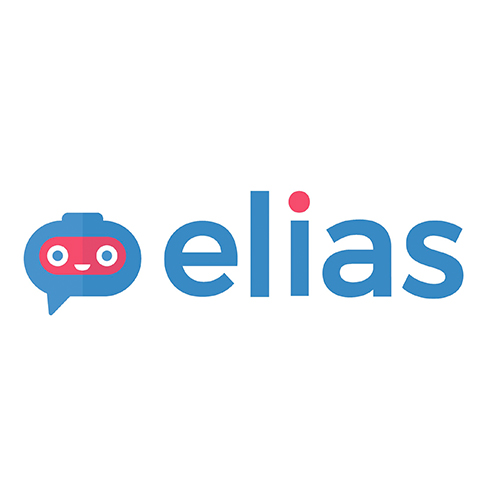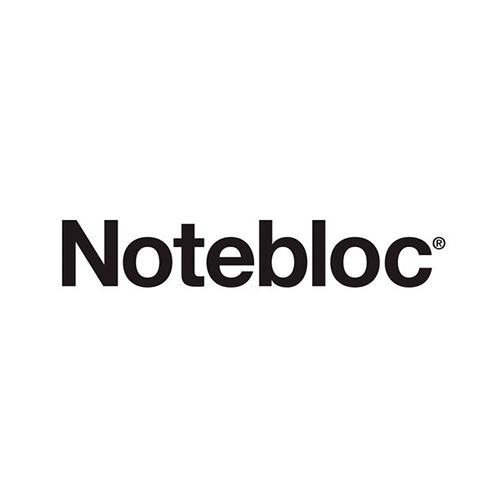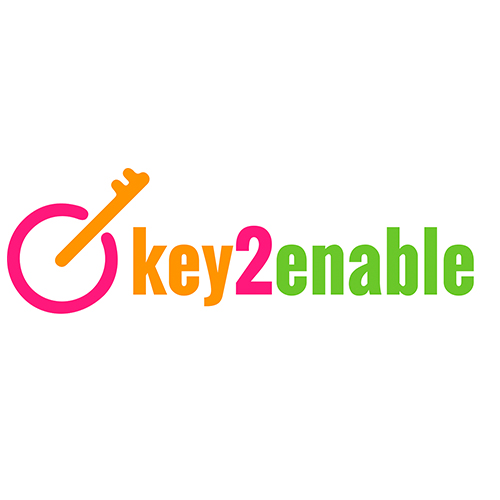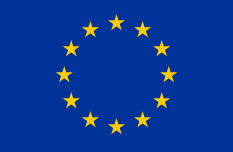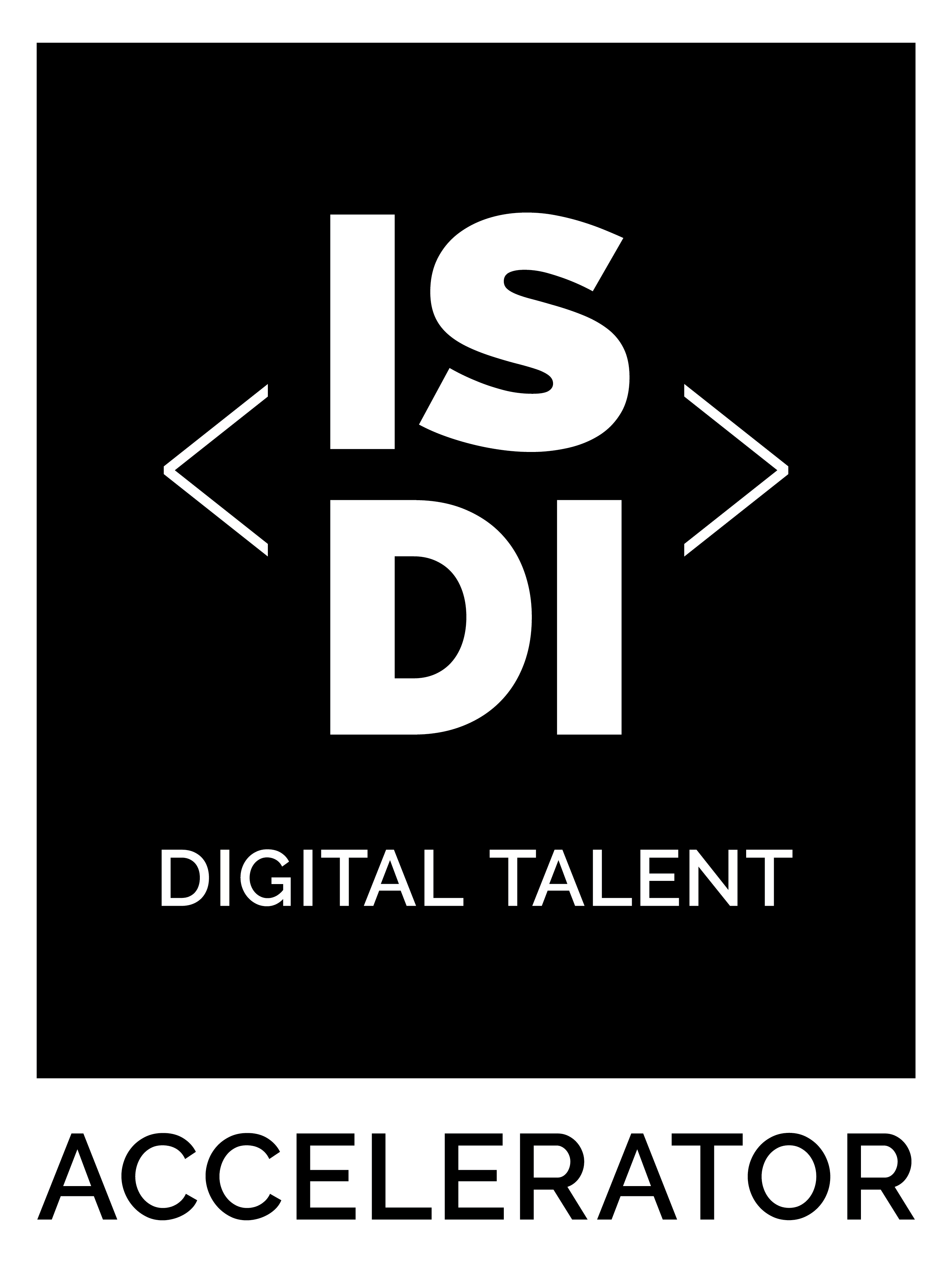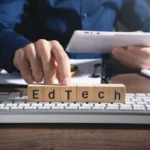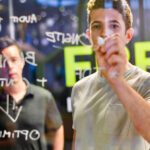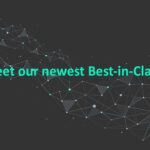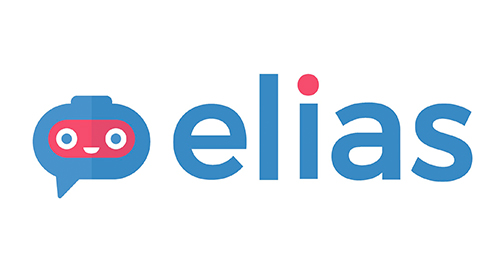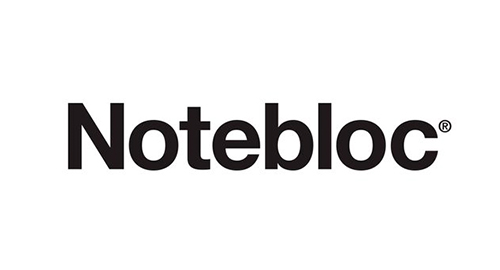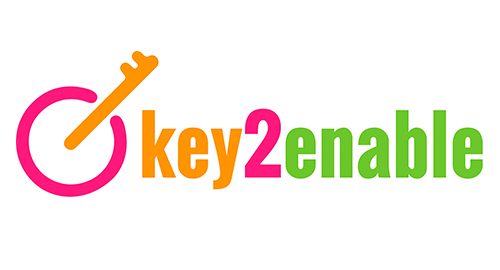The Best-in-class start-ups have been selected!
Amongst the 10 start-ups that participated in the IMPACT EdTech “Remote Schooling” acceleration programme, 3 developed the most promising solutions to address the challenges encountered by teachers and students when teaching and learning remotely during the COVID-19 crisis.
These start-ups’ outcomes have considerably improved the teaching and learning experience of many European schools during the COVID-19 pandemic and will undoubtedly contribute to shape the future of education. Therefore, we are really pleased to appoint them “Best-in-class” for their hard-work and their contribution to transforming the educational sector. Do you want to know who they are and discover more about their innovative solutions?
Stay tuned for more news and join the EdTech revolution!
👇 Meet them 👇
ELIAS ROBOT
Elias Robot is an innovative language-learning solution that facilitates speaking skills enabling students to practice multiple languages by listening and speaking with Elias in real-time. Students are encouraged to engage in conversation without the fear of making mistakes by positive reinforcement and gamified feedback. With our teacher tools, lessons can be more interactive and students’ learning progress data can be used to customize content to the needs of a class. Saving time and making language learning fun!
NOTEBLOC
A mobile scanner app and organiser has been developed by this start-up, tackling the struggle of keeping documents organised. Its main function is to scan and digitalise all kind of documents under different formats. Teachers and students use it to scan, save, organise and share notes, homework, documents or exams by using only their mobile phones.
KEY2ENABLE
This start-up empowers people with motor and intellectual disabilities around the world to develop their skills and individualities by using disruptive Assistive Technology. By creating a wide variety of interconnected products together with an educational platform, it offers solutions in three different areas: personal autonomy, special education and rehabilitation.
